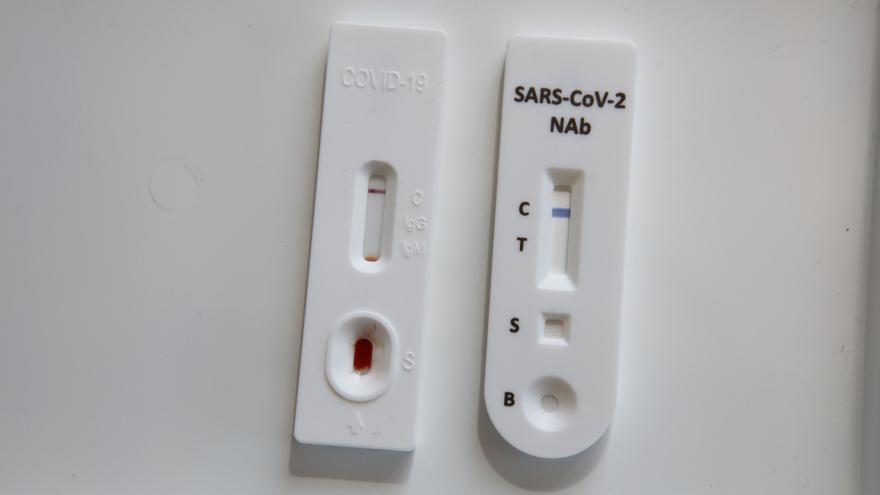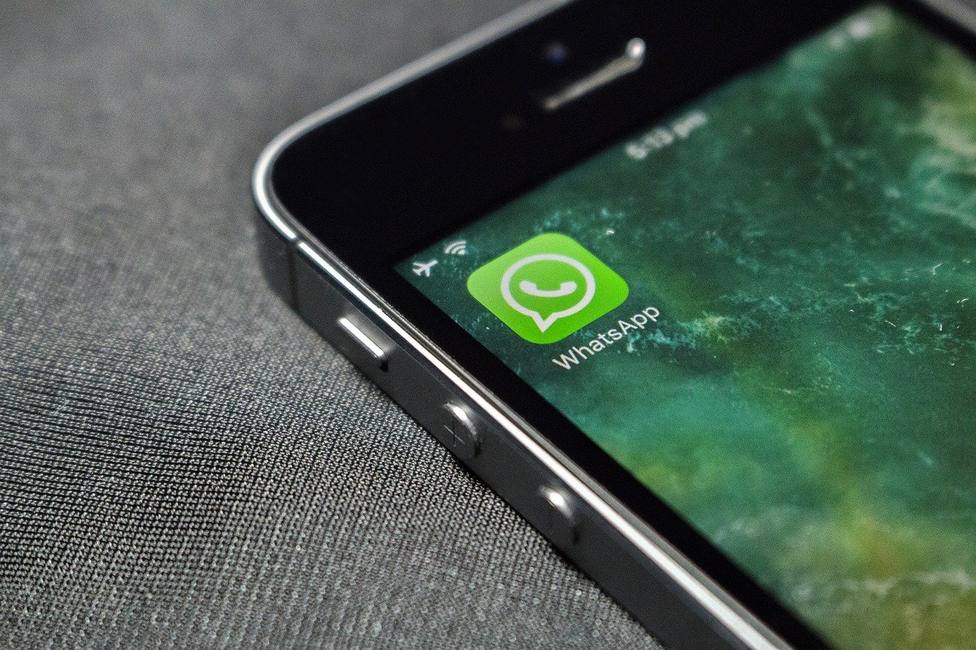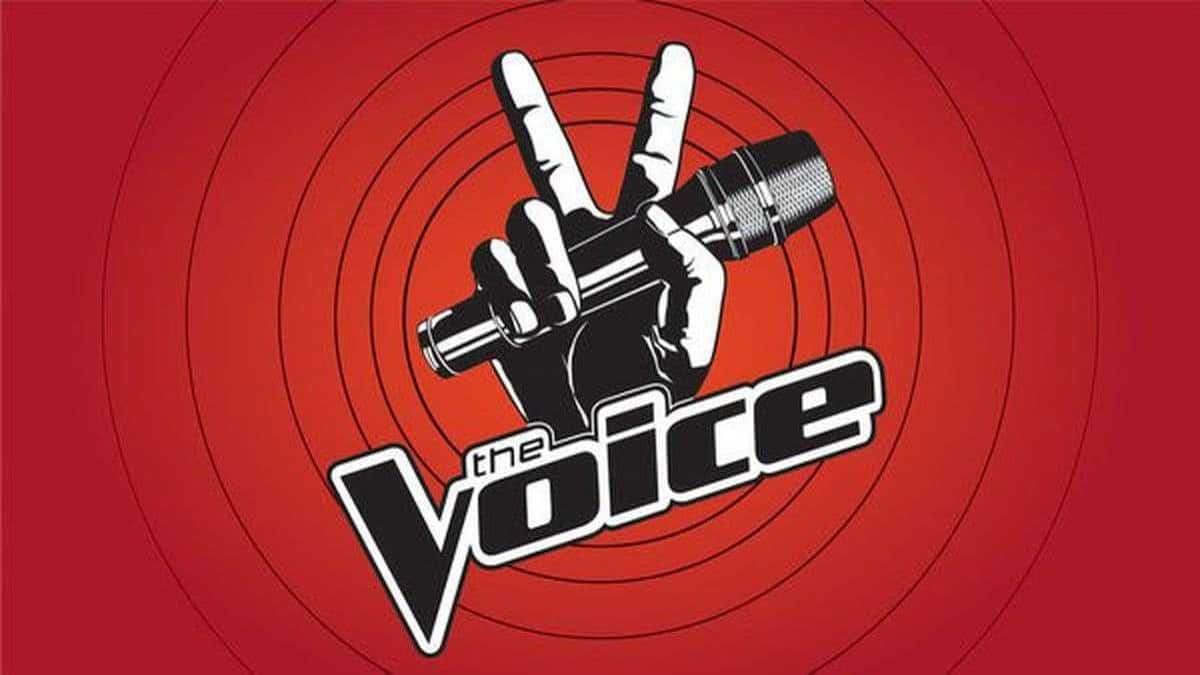Did I as unvaccinated unnoticed during the pandemic infected with the corona virus? Or did I through one survived corona disease or mine vaccinations sufficient antibodies, which should first of all protect me from further infection? If you want answers to these questions, you can have various antibody tests (antibody tests) do. The public health centers (health centers) or hospitals only perform the tests on the orders of a doctor. According to that „covid-19 visor“ they currently only account for 6.8 percent of all Covid tests there. In the private Klinikgruppe Juaneda it is less than five percent of all Covid tests.
This is hardly surprising, because the result of the antibody tests is currently primarily used to satisfy one’s own curiosity. The test results are not suitable as proof for official bodies, for example when travelling. “You can’t prove afterwards that you’ve recovered, for example,” he said Ulrich Esser, Managing Director at the German Specialist Center. Around 40 antibody tests are carried out every week in his two practices in Santa Ponça and Peguera. the Demand is significantly lower than those after antigen or PCR tests. “However, some patients are unsure about the question of how long they will still be protected, whether they should already have boosters or even need a fourth vaccination,” says Esser. Some unvaccinated people who were already infected also come because they want to know whether they have enough antibodies.
In both cases, however, sufficient is relative. “The data situation is still very thin. It is therefore not possible to say with certainty from what number of antibodies in the blood one is still sufficiently protected and from which no longer. For this you would have to artificially infect test subjects with different values. Of course, that’s not possible for ethical reasons,” says Esser. Also because everyone has different requirements, what that age or previous illnesses affected, and the immune system reacts very differently, care should be taken when interpreting the results. In addition, the value changes over time and the number of antibodies in the blood decreases. That’s why there are booster vaccinations, says Esser, who offers three different antibody tests in his practice. The quick test costs 49 euros, a blood test with advice from a doctor costs 64 euros. If you want a detailed laboratory evaluation of the blood taken, you pay 120 euros.
Quick test in the self-test
But how does an antibody test work and how should the result be interpreted? We try it at We Test You bei Medisport in the Clínica Luz in Palma. On the one hand, two different rapid antibody tests are offered there for 45 euros each, which produce a qualitative result. Alternatively, patients can also have the number of their antibodies determined quantitatively by taking so-called whole blood (75 euros). The blood is then sent to the laboratory, where it is extensively evaluated.
If you want to have the result directly available, we recommend a quick test. the reliability are still included according to the manufacturer almost 100 percent. “The test for so-called neutralizing antibodies is suitable for vaccinated people. However, it is not possible to tell whether they were formed as a result of the vaccination or an infection,” explains Andreas Jahn, who also works as a stem cell researcher at the Son Espases hospital.
Let’s call this test for vaccinated people test A for better understanding. Patients who have only recently become infected or have been vaccinated should initially wait a few weeks, recommends Jahn. In the case of unvaccinated people, the 50-year-old does another rapid test in which antibodies (IgM and IgG) are determined, which indicate that the infection has been overcome – the Test B. The procedure for both rapid tests is similar. Only the white test cassettes look slightly different in the We Test You tests. But there are plenty of providers. First, Jahn takes a few drops of blood from patients for the quick test with finger pricks. These are then mixed with the enclosed liquid according to the instructions (test B) or dripped separately onto a corresponding field (S) on the test cassette (Test A). Then you have to wait around 15 minutes.
Attention: Both rapid tests are of a qualitative nature. That means: Above all, it is determined whether antibodies are present or not. the thickness of the stroke gives an approximate indication of whether there are rather many or few. However, since every immune system reacts differently and there is often still a lack of standardization with the various antibody tests, the results are difficult to compare.
In test A, the one indicated at “C” in the photo changes color blue control line, if the test worked correctly, red. If a dash appears at T, the vaccinated person has antibodies. At best, it is clearly visible. Then the patient has many. Test B, which we carried out, also apparently worked correctly, because the control line appears at “C”. But neither “IgG” still with “IgM” a line appears. This means: There are no antibodies that would indicate that the infection has been overcome. “A dash next to ‘IgM’, to put it simply, would indicate that the infection wasn’t that long ago and that the body is in the process of producing antibodies. If there is a line at the level of ‘IgG’, the antibodies were formed a long time ago,” says Jahn. However, the tests cannot determine the exact time, nor whether someone is currently infected.
A few points of contact:
-We Test You, C/. Camilo José Cela, 20, Palma, 45–75 Euro
-Facharztzentrum Santa Ponsa (Avinguda Rei Jaume I, 100) / Peguera (Carrer Malgrat, 6), 49–120 Euro
-Clínica Santa Ponsa, Avinguda Rei Jaume I, 111, 88–120 Euro (only Vollblut-Tests)
-Clínica Juaneda, Hospital Miramar, Juaneda Muro: 50–60 Euro Andreas Jahn von We Test
–
–


